A proposal in the works could change the landscape of hunting in New South Wales. The Shooters, Fishers and Farmers Party led by Robert Borsak is championing a new approach to hunting that aims to blend cultural traditions with wildlife conservation efforts.
The plan involves setting up a specialized council dedicated to “conservation hunting.
” This council would not only acknowledge the significance of “
cultural hunting
” practices among both Indigenous and non-Indigenous communities but also promote responsible pest control methods using modern technology like silencers and night vision gear.
Borsak envisions a council comprising seven members, with shooters organizations nominating four individuals. This body would function under the guidance of a newly appointed hunting minister, taking over some responsibilities from the now-defunct Game Council of NSW. The Game Council faced criticism in 2013, leading to its dissolution due to concerns about conflicts of interest and operational shortcomings.
In advocating for these changes, Borsak emphasized the need for an ethical framework for public land access and outlined plans for a proposed Conservation Hunting License. This license would regulate activities such as pest animal culling while encouraging the use of advanced tools like night vision and sound moderators for humane and efficient wildlife management on private properties.
According to a briefing paper prepared by the Shooters Party, these proposed measures aim to streamline licensing processes, enhance policy development, and introduce bounties for controlling pests like pigs, feral cats, and foxes. By incentivizing targeted culls through bounties, proponents argue that this approach can offer a cost-effective solution that complements existing government-funded pest control initiatives.
While supporters believe that increasing access to Crown land for hunters could benefit conservation efforts, critics have raised concerns about potential implications. Jack Gough from the Invasive Species Council cautioned against what he sees as misguided priorities within the bill. He expressed worries that promoting recreational hunting under the guise of conservation may inadvertently perpetuate rather than mitigate invasive species issues across the region.
Opponents also fear that vested interests could influence policy decisions related to wildlife management on state forests if these proposals are enacted. Sue Higginson, an environment spokesperson from the Greens party, criticized the initiative as a political move aimed at securing support in legislative matters unrelated to environmental conservation.
Higginson highlighted her skepticism towards claims linking “
conservation hunting” with biodiversity protection. She argued that prioritizing recreational hunting could undermine more effective strategies such as aerial shooting or baiting in tackling invasive species proliferation. Moreover, she voiced concerns about potential biases within the proposed Hunting Authority which she believes may skew decision-making processes towards pro-hunting agendas rather than evidence-based conservation practices.
The ongoing debate surrounding these proposals reflects broader tensions between different stakeholders vying for influence over environmental policies in New South Wales. As discussions continue within parliamentary circles regarding these contentious issues around wildlife management strategies and community engagement approaches experts urge caution when aligning cultural traditions with contemporary conservation objectives.


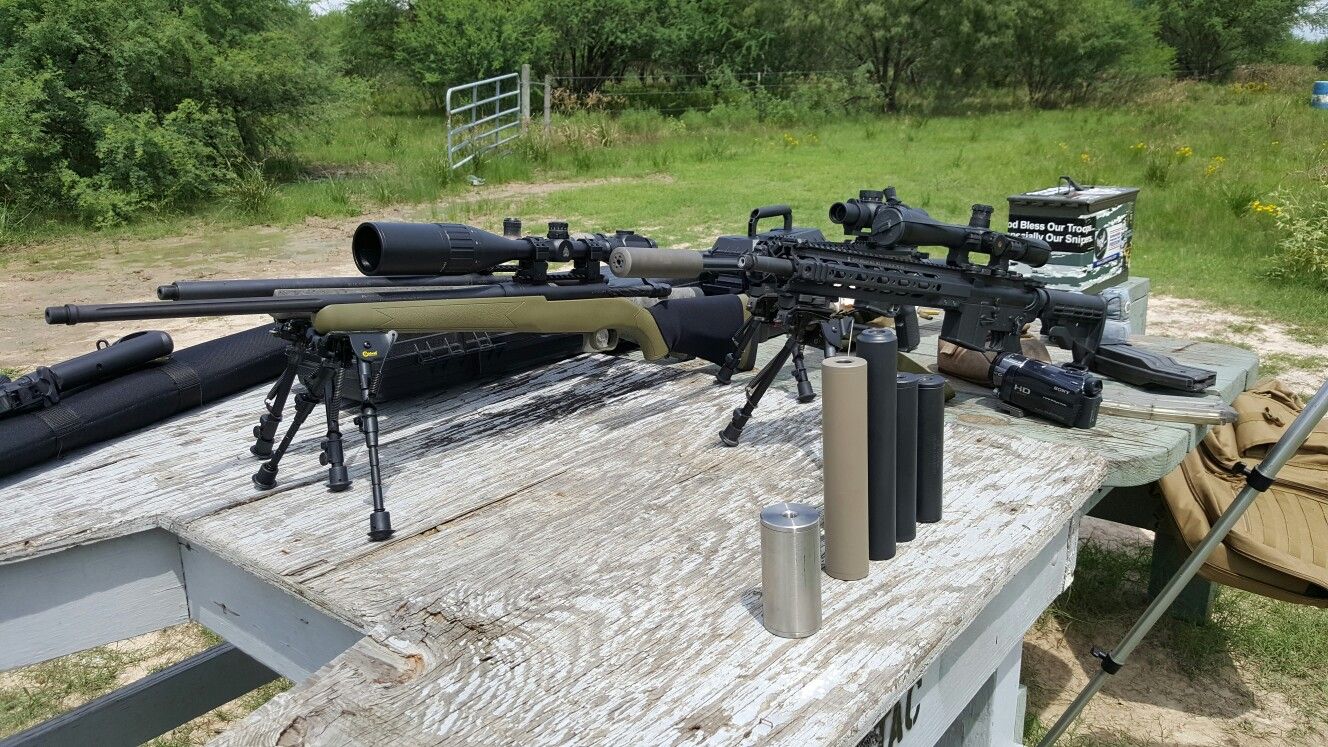
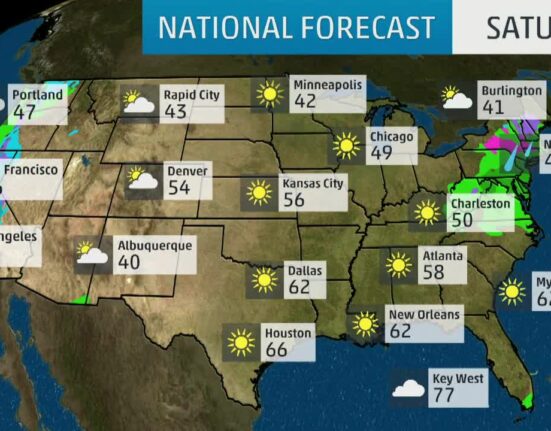
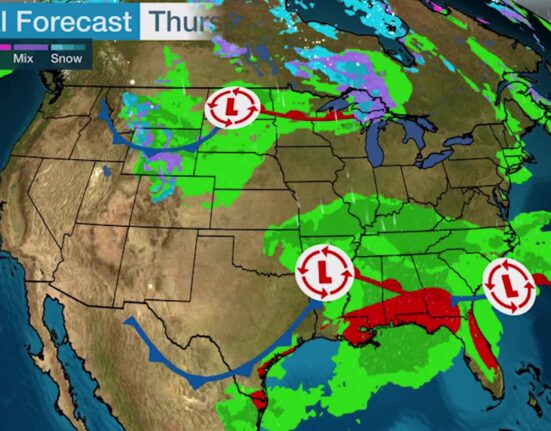
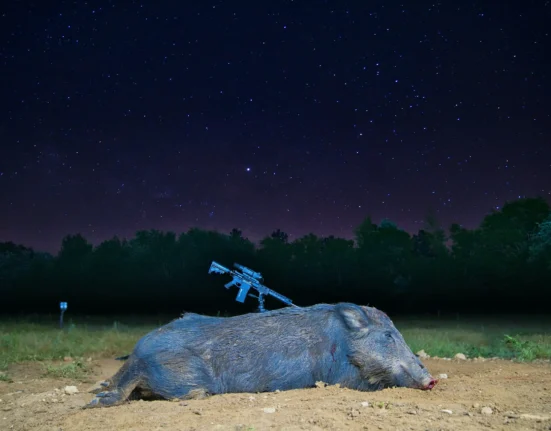
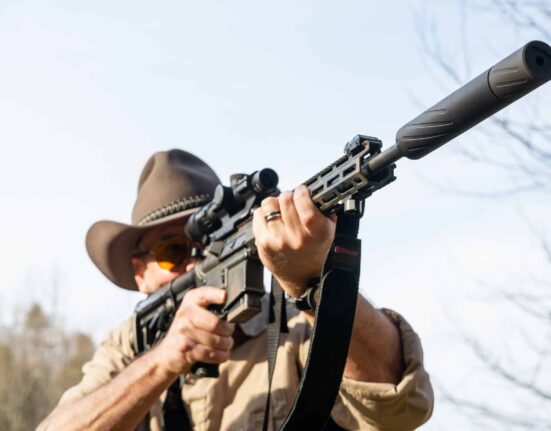
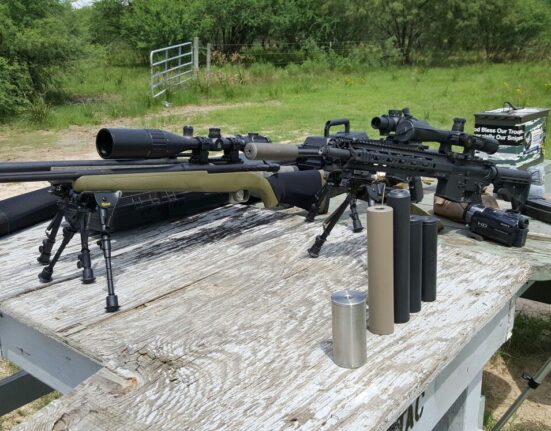
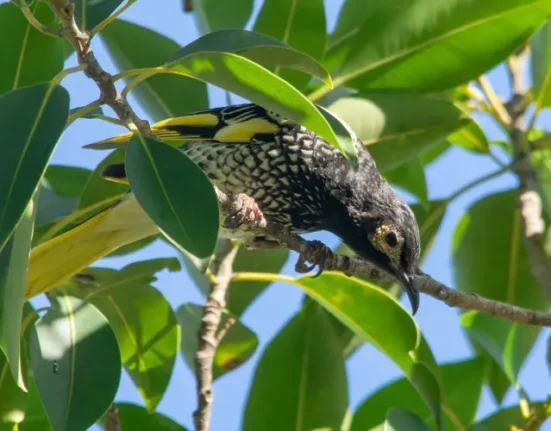
Leave feedback about this